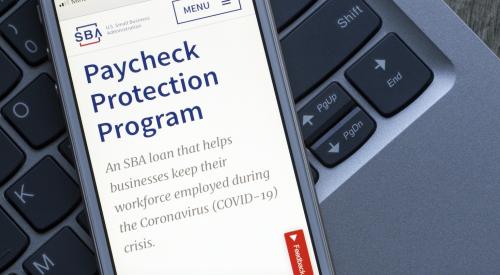Self-employed workers applying for a mortgage may encounter extra hurdles, or even rejection from a lender, where other homebuyers may not.
Lender income requirements are "sometimes where self-employed people struggle, because they may not be showing enough income to qualify for the mortgage even though all the other characteristics of their credit profile look OK,” Scott Witherspoon, chief credit officer of New Jersey lender Affinity Federal Credit Union, told Realtor.com. Lenders may be quick to reject loan applications from self-employed homebuyers as the buyers' tax returns may be more complex than those who are not self-employed.
The biggest hurdle, experts say, is demonstrating they meet the lender’s income requirements. Self-employed workers don’t receive a W-2 form, the document that shows annual wages and withholding amounts. Instead, lenders need to rely on tax returns to verify a self-employed applicant’s income. That’s a challenge for lenders, because on one hand, self-employed applicants need to show enough income to qualify for a mortgage. On the other hand, they want to lower their taxable income by taking deductions and write-offs to which they’re legally entitled.











